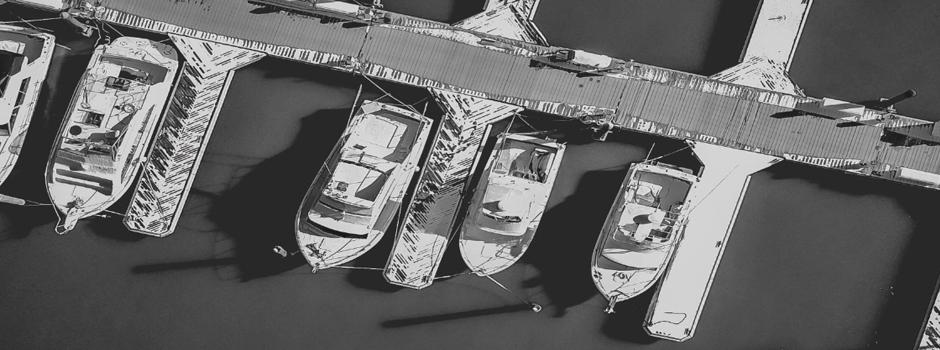The Center for Global Asia (CGA) at NYU Shanghai hosted some 30 presentations at its annual conference on August 21-23, sharing multidisciplinary research on the Indian Ocean World (IOW).
This year’s conference was devoted to the study of ports and port cities as important sites for connections across the Indian Ocean maritime space and with the relevant hinterland areas.
“We tried to examine the environments of IOW ports at many levels of spatio-temporal scale: their natural and social ecologies are local; they are hubs for development of coastal regions; they are transcontinental innovators in the arts, architecture, cuisine and technology, and laboratories for urban planning, and conduits of mobility,” said Professor Tansen Sen, Director of CGA.
Professor Gwyn Campbell of McGill University, an avid promoter of the “IOW” concept, delivered the keynote speech on the opening evening, presenting the different structures and functions of IOW ports in the context of a rising global economy from 300 BC to the present.
In particular, he challenged the Eurocentric narratives prevalent in current research of the IOW, calling for a revision of viewpoints based on studying the historic evolution of IOW ports catering to intra-IOW regional maritime exchange, trans-IOW maritime exchange, and exchange between the maritime and continental spheres of the IOW.

The three-day conference was divided into eight panels, addressing topics from the arts and the environment to colonial history and politics. One panel focused on discussing the interconnections of people, goods and heritage of maritime Shanghai.
In her presentation, Lena Scheen, Assistant Professor of Global China Studies at NYU Shanghai, explored how storytelling has become an important means through which local Shanghainese cope with, resist and protest the rapid disappearance of their living environment, raising examples of the affected residents from Shanghai’s large-scale demolition.
“Mixing personal experiences and historical facts, with urban legends, the residents depict a cosmopolitan neighborhood shaped by its colonial past,” she said. “In their stories, each building forms the connection point between their own life story and the history of the city and the nation.”
The conference was co-sponsored by Asia Research Center of Fudan University, Center for Interdisciplinary Area Studies at Martin-Luther University, Halle-Wittenberg, the Max Planck Institute for Social Anthropology, Halle, Germany and Asian Civilisations Museum, Singapore.
--
Full video of Professor Campbell's lecture, and selected panels, will be available on the Center for Global Asia's website.


